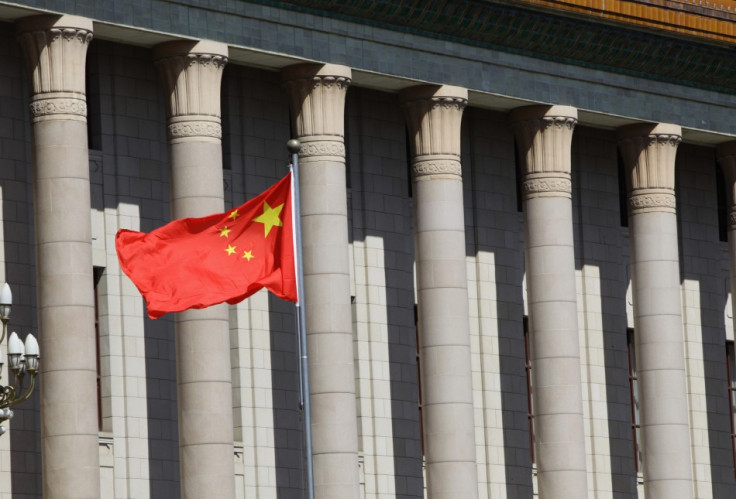China Cuts Red Tape To Revive Economy

Beijing will reduce service charges for over a dozen federal departments and agencies as it attempts to slash bureaucracy to improve the business environment in the world's second-largest economy.
The decision to cut fees for 20 different services at 14 departments, effective 1 October, is part of the government's efforts to reduce red tape countrywide and promote reforms.
The move is aimed to save companies and individuals about 200 million yuan (£21m , €24m, $32.7m) a year, said the National Development and Reform Commission (NDRC) and the Finance Ministry in a joint statement.
The NDRC, China's top economic planning agency, said the fee for filing a trademark application will be lowered to 800 yuan from 1,000 yuan, while the assessment cost for patent agents and translators will be cut by between 25% and 50%.
The service charges for notarisation (certification of documents), private visa re-application, automobile mortgage registration, plant quarantine, as well as testing of agricultural machinery products will be lowered.
Building a Better Business Environment
China has implemented a series of market reforms to boost growth which is expected to hit a 23-year low this year.
So far, the government has announced reforms to scrap business and value-added taxes for small firms, cut red tape for importers and exporters, simplified foreign exchange rules for the services industry, and allowed small companies to issue more bonds.
The central bank has also pledged to improve the financial environment to make it easier for small businesses to access funds.
The moves follow Chinese Premier Li Keqiang's promise in March, as he began his term, to tackle bureaucracy and cut red tape. Li vowed to provide a more level playing field for private enterprise and give markets a bigger role, all in a bid to boost sluggish economic growth.
Chinese authorities are optimistic about delivering a 7.5% growth rate for 2013. The country's economy expanded at an annualised rate of 7.5% in the second quarter of 2013, down from 7.7% in the first three months.
© Copyright IBTimes 2025. All rights reserved.






















